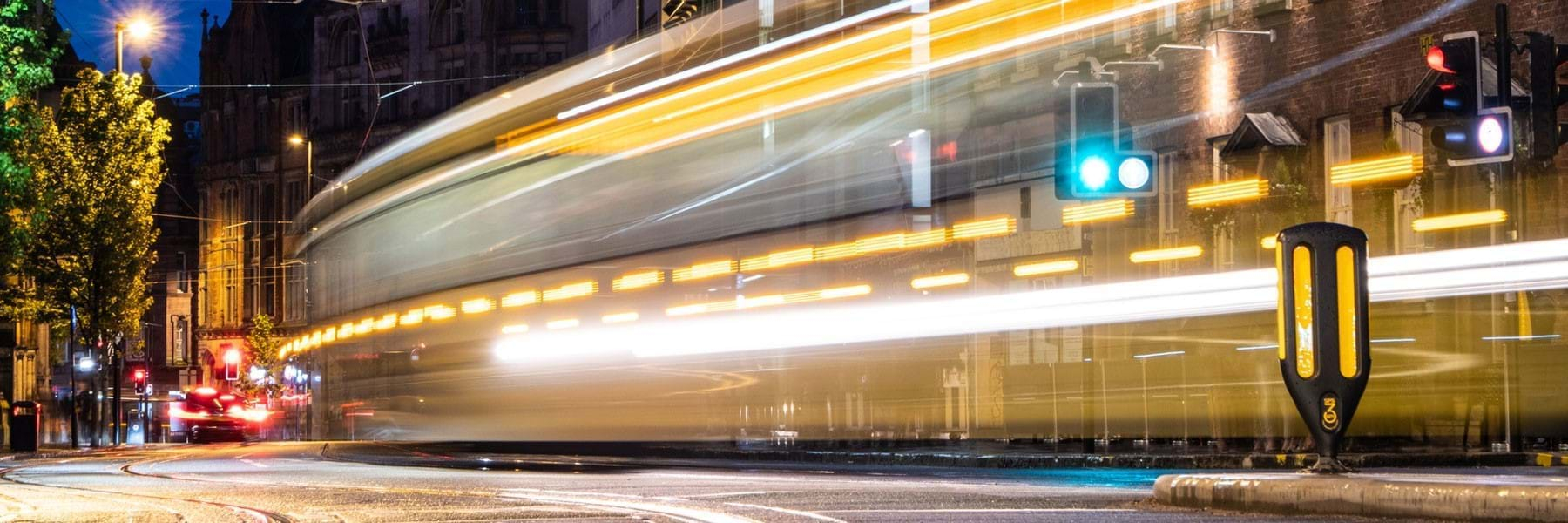Mayor calls for non-charging Clean Air Zone
09 June 2022

09 June 2022

Greater Manchester’s mayor Andy Burnham has called on the government to agree a new Clean Air Zone scheme for the city region that is ‘led by investment’ rather than charging vehicle owners.
Greater Manchester’s Clean Air Zone, which affects van and HGV owners, was due to be implemented from May 2022 but was granted a 'time-limited pause' in February due to concerns over the availability and affordability of compliant vehicles.
Under the previous plans for a 'Category C' charging zone, HGVs unable to comply with minimum air quality standards would have been charged £60 per day, and vans £10 per day. However, this was deemed unworkable due to global vehicle supply chain issues linked to the pandemic and the emerging cost of living crisis.
Leaders have begun the process of reviewing the original Clean Air Plan to deliver, by the middle of 2022, a new model that will aim to clean up the city region’s air in a way that is deemed “fair to businesses and residents”.
Andy Burnham and Cllr Andrew Western, portfolio lead for clean air at Greater Manchester Combined Authority (GMCA), have now written to the environment secretary, George Eustice, to set out a new proposal.
The desired approach is a 'Category B' zone that will not charge drivers but instead incentivise people to upgrade high-polluting vehicles using funding already allocated by government, alongside additional financial support.
The current £120 million financial support scheme allocated by government has so far been used to award funding to retrofit nearly 1,000 buses and over 500 HGVs in the city region.
"We are now confident from the work we’ve been doing that we can secure the right plan for our residents and businesses, which cleans up our air, but doesn’t result in hardship or a single job being lost," Andy Burnham explained. "We now need government to work with us on this to help deliver our vision."
Cllr Andrew Western added: "Air quality is one of our biggest health challenges and we are still completely committed to tackling it. We are acutely aware of the devastating ongoing financial impact of the cost of living crisis, and that’s why we believe an investment-led non-charging Clean Air Plan is the way forward."
Share